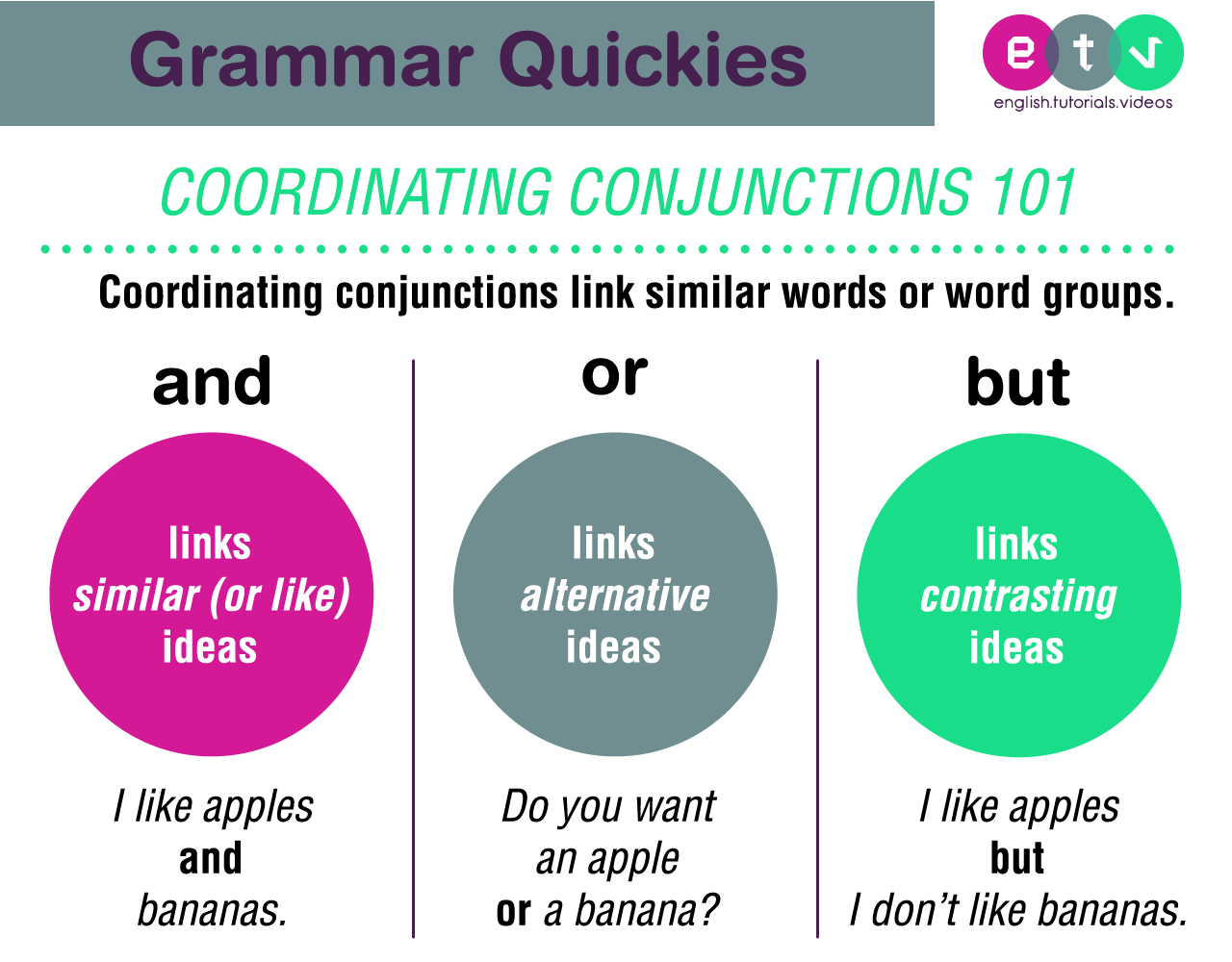
‘And’ or ‘But’?
Think of a situation recently where you were in conversation with a peer. Perhaps a work colleague or a casual acquaintance. Your discussion develops into a subject you sense is leading into ‘disagreement’ territory. Your interlocuter makes a statement which you don’t fully agree with, so you want to respond to give your perspective.
Take a minute to revisit the scenario then phrase your response thus:
‘I hear what you’re saying but (….)’, filling in the ellipsis with your argument.
How does that make you feel?
Now do the same thing with a slight tweak. Simply replace the ‘but’ with an ‘and’.
How do you feel now?
I would venture that in the first case you may feel a bit defensive and wary. Perhaps a little nervous about the counter response. In the tweak scenario, you may have felt neutral, calm and even supportive.
But and And. Two conjunctions which we all use hundreds of times a day without thinking.
This week I have been chairing a HAZOP for a European Carbon Capture project – a first for me. I have long been able to encourage HAZOP teams by reminding them that we are helping to save future lives, but in this case the time frame is not limited by the lifetime of the facility. Another initiative I am supporting is Stratospheric Reflection Research via my company StratoReflection and materially with the purchase of Cooling Credits from Make Sunsets.
In a future hypothetical conversation with a peer about Global Warming, I may sense the conversation veering towards contention. I may hear the words:
‘I think our industry needs to do more to capture carbon to help limit the maximum temperature rise this century. What do you think?’
I could respond: ‘I hear what you’re saying, but I support the notion of Stratospheric Reflection’ – confrontational, tribal.
Or, I could respond: ‘I hear what you’re saying, and I support the notion of Stratospheric Reflection’ – complementary, global.
Currently, although tribes are atavistic, our genes have developed such that we develop them, if only in our minds. We are most comfortable being us with other as them. After all, we are only here because our ancestors did just that. As small as they are, the targeted and conscious use of conjunctions can help move from ‘us and them’ towards just ‘us’.
Many things we can’t change. However, to change someone’s mind, you could do worse than to increase empathy with some judicious use of my favourite conjunction, ‘And’.
